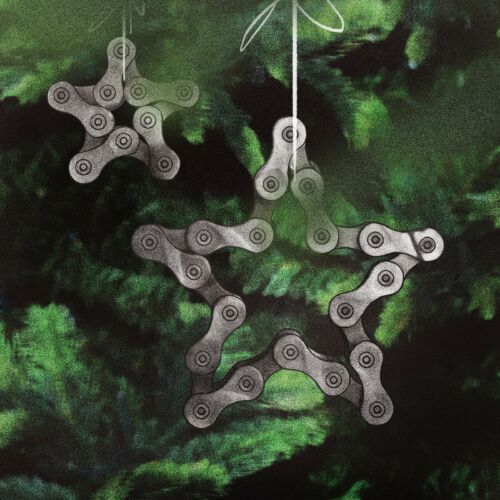Faster detection of diseases in children and cell testing
Genomics England, a company owned by the UK Department of Health and Social Care, plans to test whether sequencing the genomes of newborn babies can speed up the diagnosis of around 200 rare genetic diseases and provide faster access to treatment. Nearly 3,000 babies are born in the UK each year with a treatable rare disease that can be detected by genome sequencing. New babies can have a heel prick test to screen their blood for symptoms of nine rare, serious diseases such as sickle cell anaemia and cystic fibrosis. Whole-genome sequencing, however, could make it possible to diagnose hundreds of such diseases at birth. At present, they are usually only detected when a child develops symptoms, which is often months or years later.
Single-cell analysis has developed rapidly over the last decade. Between 2015 and 2021, the number of studies in the PubMed database of biomedical literature using the term “single cell” more than tripled, mainly due to technological innovations in isolating single cells and their molecular content. Scientists are using these and many other methods to study individual cells in various ways, from characterising their gene expression to documenting their epigenetic state, transcription factor activity and cell-to-cell communication. “Single-cell analysis has really been opened up to a much wider audience,” – says Samantha Morris, a developmental biologist at Washington University in St. Louis, Missouri.























